Beyonce's Music Might be Damaging your Little Girl's Self-Image
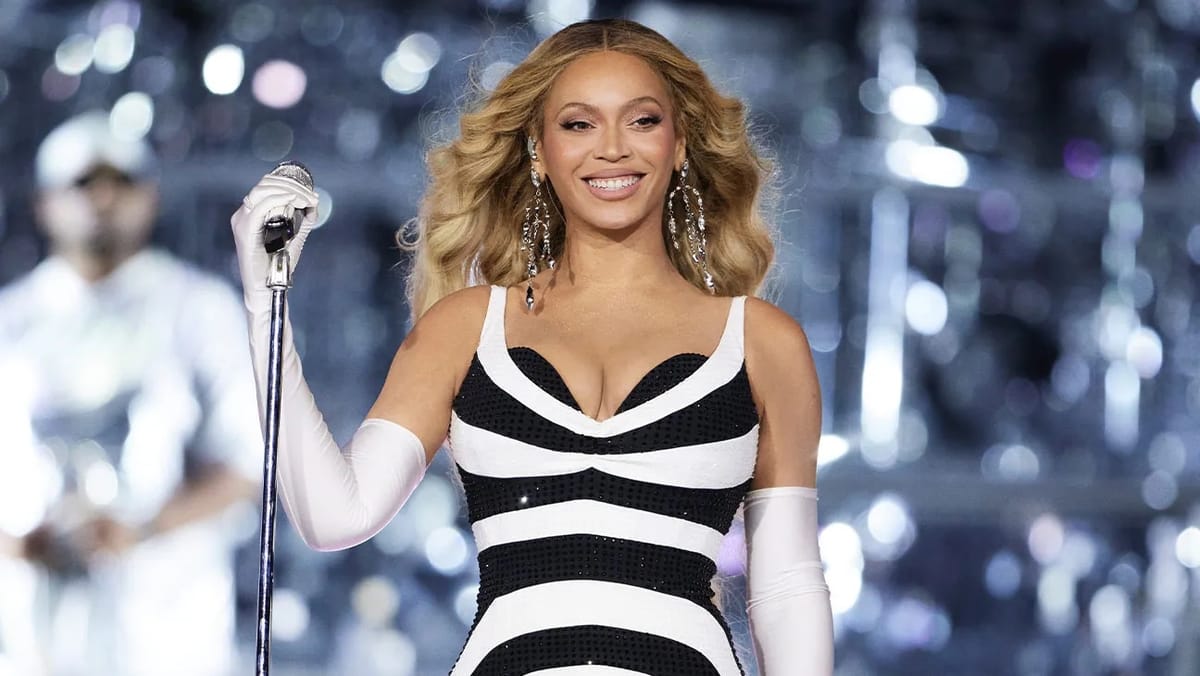
Beyonce is a household name and a highly influential figure in the music industry. Her music is known for its catchy beats and powerful lyrics, making her a role model for many young girls. However, as a parent, it's important to question the impact that Beyonce's music may have on your little girl’s self-image. While she may be a talented artist, there are five reasons why young girls should not listen to Beyonce's music. In this blog post, we will explore the potential negative effects that her music may have on impressionable daughters and why you should be mindful of the messages they are consuming.
The Portrayal of Femininity in Beyoncé's Music
When we delve into Beyoncé's music, there's a recurring theme of empowered and bold femininity. It's a fiery display of confidence and dominance that can be awe-inspiring. However, the presentation of these aspects can become problematic for young listeners.
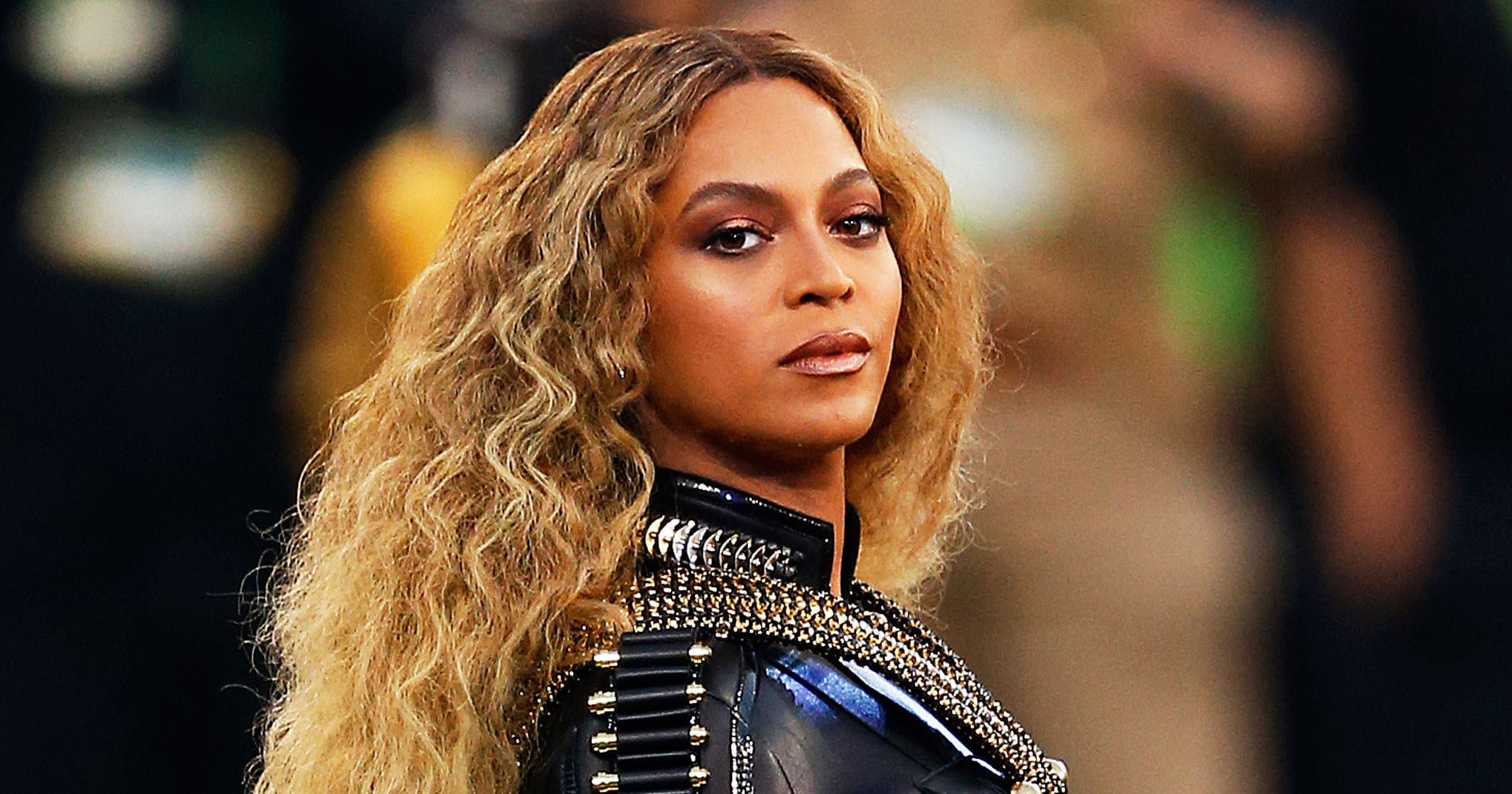
Many of her chart-topping tracks demonstrate a type of femininity that feels intense and combative. They can paint a picture of womanhood as a constant battle, and femininity as being synonymous with relentless assertiveness and fiery temperaments. For impressionable young girls, such representations can shape their understanding of what it means to be a woman. They might be led to believe that constant aggression and a confrontational attitude are essential attributes of femininity.
While it's crucial to encourage young girls to be confident and assertive, we need to be careful that they don't associate these traits with being overly aggressive or abrasive. There's a delicate balance between fostering self-confidence and inadvertently encouraging a potentially harmful temperament.
In a world where they are constantly trying to define themselves and their identities, we need to ensure that young girls understand that femininity is multifaceted. It can be fierce and assertive, but it can also be gentle, empathetic, and collaborative. We need to teach them that there are many ways to be a woman, and that they can choose their path without having to fit into a box defined by pop culture.
Listening to Beyoncé's music will likely fuel a distorted notion of femininity. So, it's vital to open a dialogue with our girls, explaining the diversity and beauty of womanhood, and ensuring they understand that femininity goes beyond the aggressive portrayals in popular music.
Over-sexualization in Music and Performances
A significant issue in Beyoncé's music videos and live performances is the rampant over-sexualization. With skimpy outfits, suggestive dance moves, and steamy lyrics, the level of sexual explicitness in her work is hard to ignore. This overt sexual display can send misleading messages to young girls who are in the process of shaping their self-image and understanding of their sexuality.
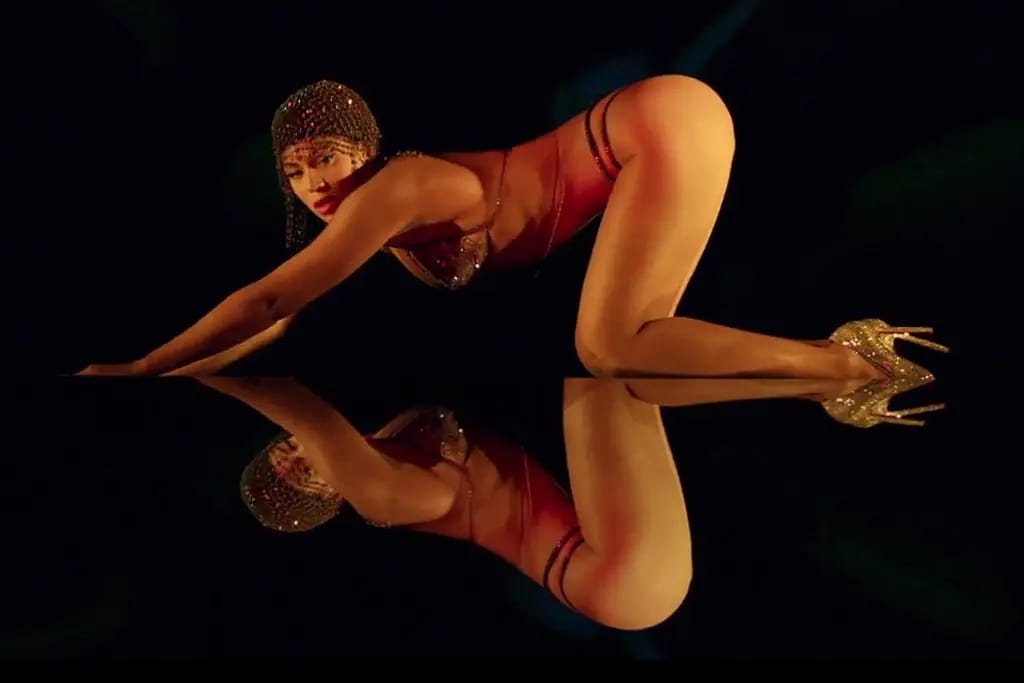
When a successful and powerful woman like Beyoncé is constantly portrayed in a sexualized manner, it can plant a dangerous idea in young minds. They may start to believe that their value and attractiveness are tied to their sexual appeal. Consequently, they might feel the need to mimic these behaviors and dress provocatively in a misguided attempt to emulate their idol's success. This can result in premature sexualization and have harmful psychological effects.
Furthermore, the consistent use of sexual innuendos and explicit lyrics can normalize these behaviors for young girls. They might start to believe that it's acceptable, or even necessary, to be openly sexual at a young age. It's important for parents to intervene, to discuss these themes with their daughters and explain that their self-worth is not defined by their sexual attractiveness, and that Beyonce is just an entertainer, not a role model.
However, it's not about blaming Beyoncé or demonizing her artistry. It's about recognizing the potential impact of the messages embedded in her music and performances and taking active steps to provide our daughters with a more balanced perspective. We need to teach them to consume media critically, understanding the distinction between an artist's stage persona and real life, and most importantly, help them build a self-image that's not reliant on sexual validation. This way, they can enjoy the music they love while still developing a healthy sense of self.
High Expectations and Unrealistic Standards
Beyoncé's music often presents an image of women that's akin to superhuman - impossibly beautiful, emotionally rock-solid, and invincible in their endeavors. This, though inspiring in some aspects, can set a bar that's dauntingly high for young girls who look up to her. These impressionable minds may take these depictions to heart, aspiring to meet these exacting standards. Trying to mirror this version of perfection can put them under immense pressure, which might chip away at their self-esteem and body image over time.
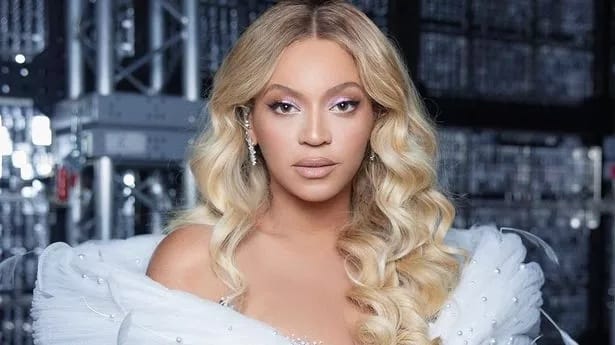
Some might begin to question their worth when they find themselves unable to embody the 'flawless' image that's frequently showcased in Beyoncé's lyrics and music videos. This constant striving for an unreachable ideal can give rise to anxiety, lead to an unhealthy obsession with physical appearance, and might even trigger depressive episodes.
It's essential, then, that parents and caregivers step in to offer a reality check. It's crucial to convey to these young girls that while Beyoncé's music paints a picture of an unblemished, invincible woman, it's just that - a picture. The reality of being human involves imperfections, vulnerabilities, and failures. It's okay not to be perfect. It's okay to have bad days. It's okay to be human.
Listening to Beyoncé's songs shouldn't become an exercise in comparison, nor should it set the standard for their self-worth. Instead, they should be reminded that real beauty and strength lie in embracing one's unique traits and imperfections. They need to know that they are more than enough just as they are, without having to live up to an unrealistic image of womanhood.
So, if you must, let them enjoy Beyoncé's music, but let's also make sure they understand that they don't need to be flawless to be loved, valued, and successful. And while they may admire Beyoncé's portrayed strength and success, they should know that their own journeys will be beautifully different, filled with their own unique victories and struggles. And that's perfectly okay.
Emphasis on Material Success
Let’s talk dollars…
Beyoncé's music, sparkling with allure and glamour, often glorifies a lifestyle adorned with extravagant luxuries and abundant wealth. Tracks like 'Upgrade U' or 'Diva' paint a vivid picture of prosperity, suggesting that one's value hinges on their financial accomplishments and material assets. This depiction, while exhilarating and perhaps aspirational for some, can send a potentially misguided message to our young girls.
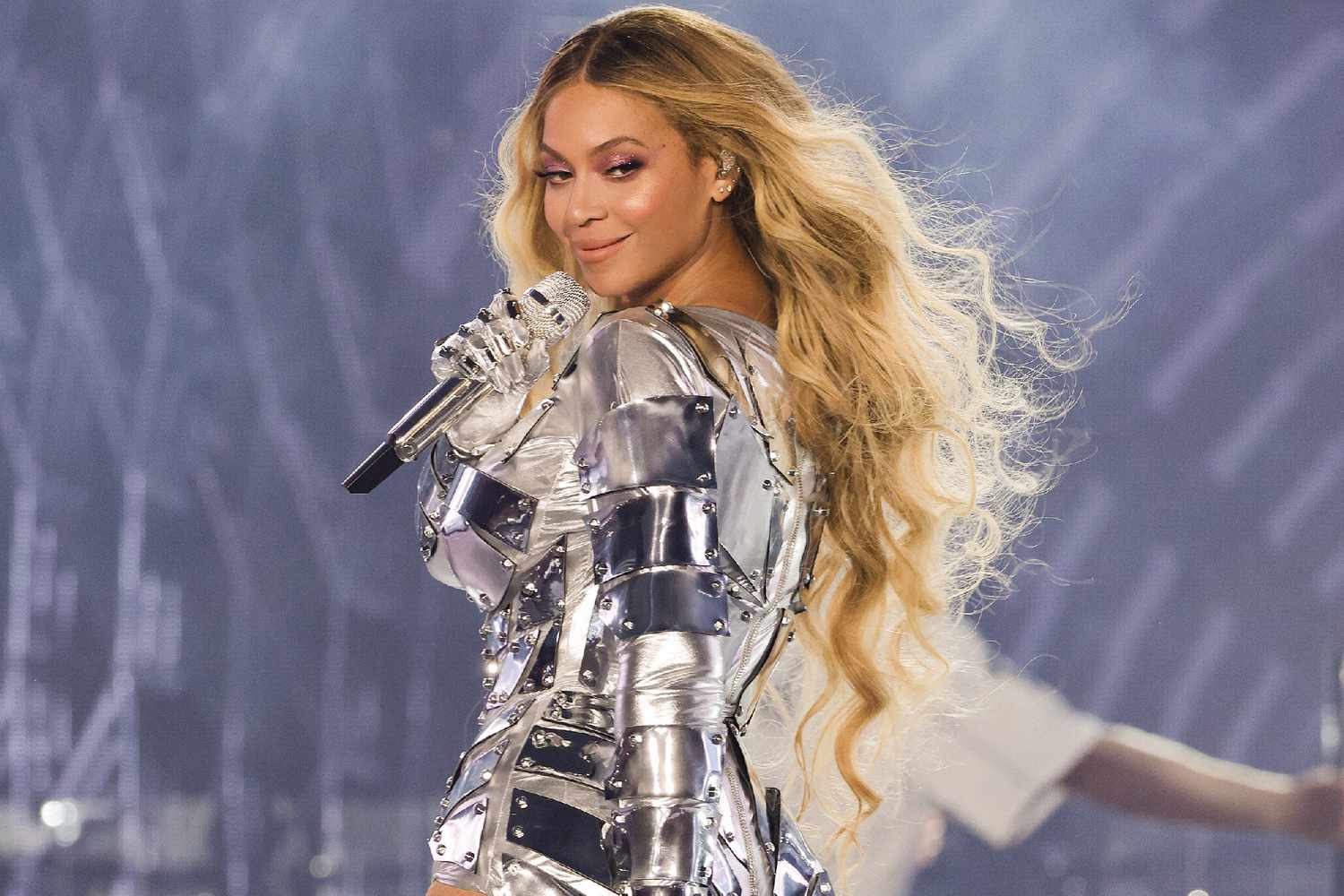
They might start to believe that the measure of their worth lies solely in their material success, inadvertently overlooking the true treasures in life. Consequently, they may end up undervaluing other enriching aspects of life such as intellectual growth, kindness, compassion, and empathy.
While Beyoncé's lyrics applaud ambition and tenacity—attributes we definitely want to instill in our girls—it's crucial to strike a balance. We need to ensure that while they strive for their goals, they understand that the pursuit of wealth and materialistic success doesn't define them or their worth. In their quest for accomplishment, it's important that they don't lose sight of the value of moral wealth and personal growth.
If you choose to allow your daughters to consume Beyonce’s music, encourage them to listen with a discerning ear, and help them understand that the opulence and extravagance portrayed in the lyrics represent just one facet of success. By fostering conversations around these themes, we can guide them in appreciating the vast spectrum of achievement and accomplishment, emphasizing that material success, while rewarding, doesn't make up the whole picture. Let's teach them that the richness of character, integrity, kindness, and empathy holds just as much, if not more, value.
Potentially Misleading Love Themes
One more aspect to consider when it comes to Beyoncé's music is the portrayal of love and relationships. Her tracks often convey stories of passionate, tumultuous love ('Crazy in Love') or power dynamics within relationships ('Irreplaceable'). These narratives can be captivating, but they might also distort young girls' understanding of what love should look like. As they try to navigate their own emotions and relationships, they might misconstrue these intense, dramatic depictions of love as the norm, or even as an ideal to strive for. This could potentially set them up for accepting unhealthy dynamics in their own relationships.
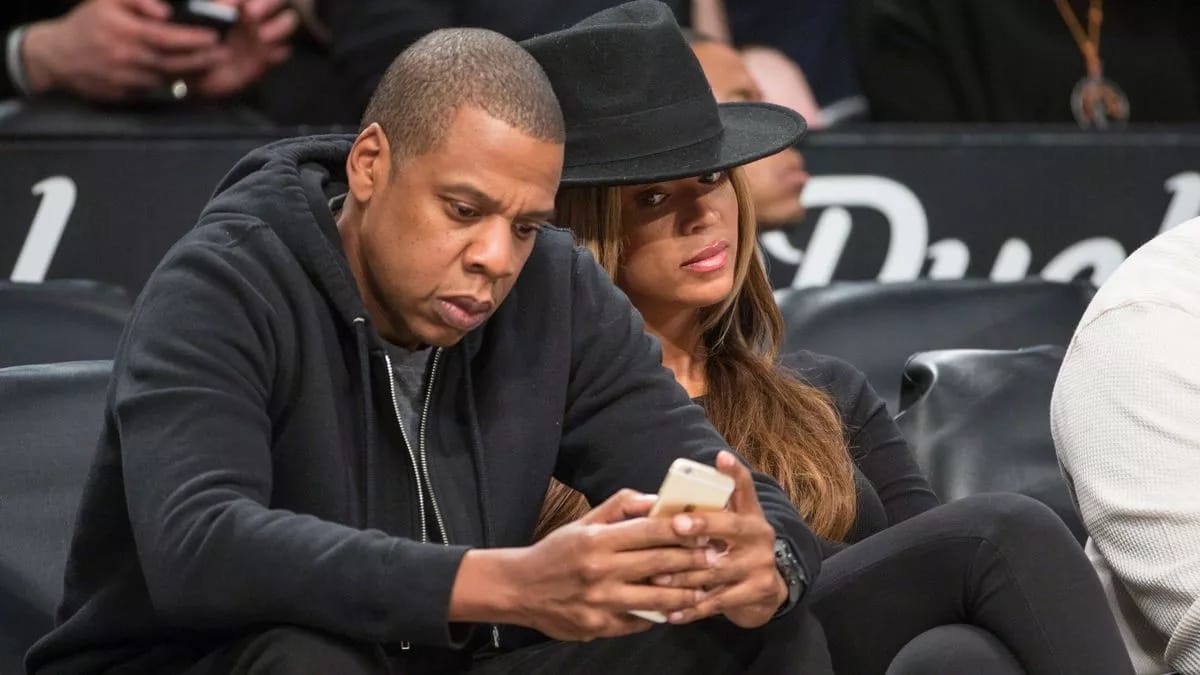
Songs like 'Hold Up' and 'Jealous' offer narratives of jealousy and possessiveness, portraying them as a natural part of love. However, it's crucial for young girls to understand that these are not healthy or normal aspects of a relationship. Instead, they should be taught about the importance of trust, respect, and communication in any relationship. It's also essential to remind them that a loving relationship doesn't require them to lose their individuality or self-worth.
Just like with other themes in Beyoncé's music, it's not about vilifying the artist or her work. It's about taking an active role in helping our girls dissect these narratives, encouraging them to question and critically analyze the messages they consume. Parents and caregivers need to have open and honest discussions about healthy love and relationships, and the difference between real-life romance and the often-exaggerated narratives presented in pop music.
So, if you choose to allow your daughters to enjoy the music they love, including Beyoncé's hits, be sure to equip them with the tools to decipher the messages they receive. By doing so, you can help them develop a well-rounded and realistic understanding of love, relationships, and self-worth.
What do you think of Beyonce’s music? Is it appropriate for young people, especially girls? Do the young girls in your life listen to her?





